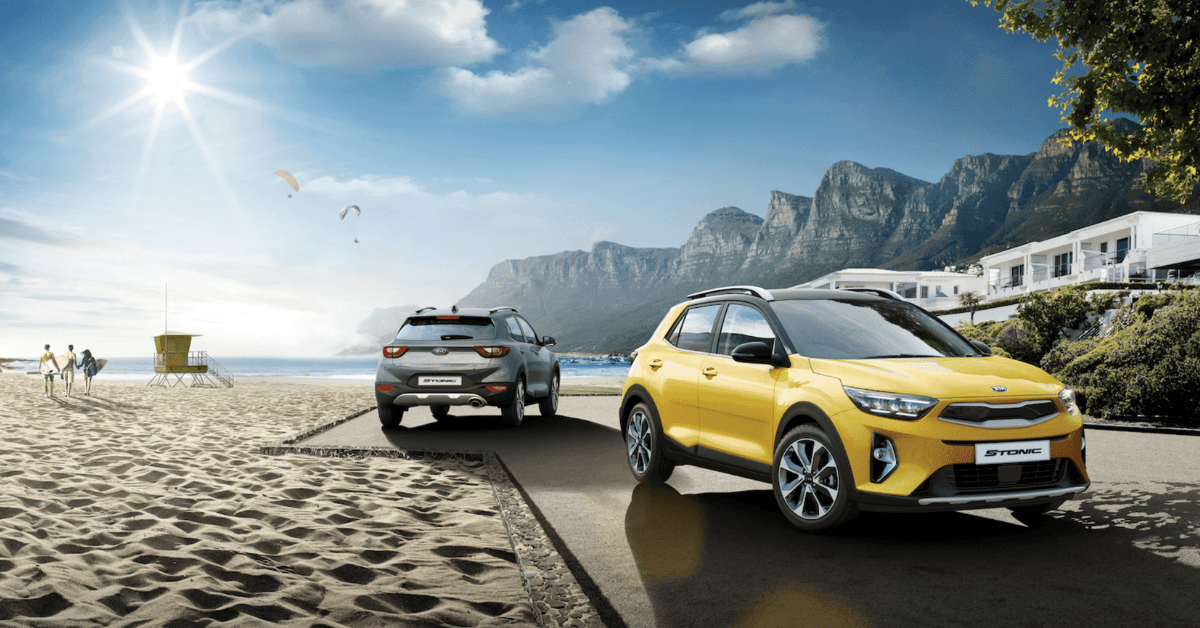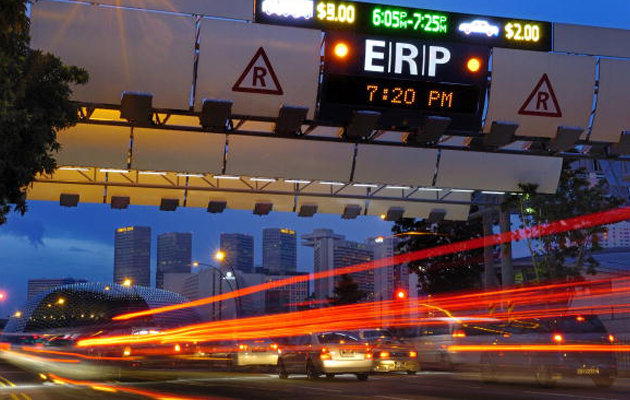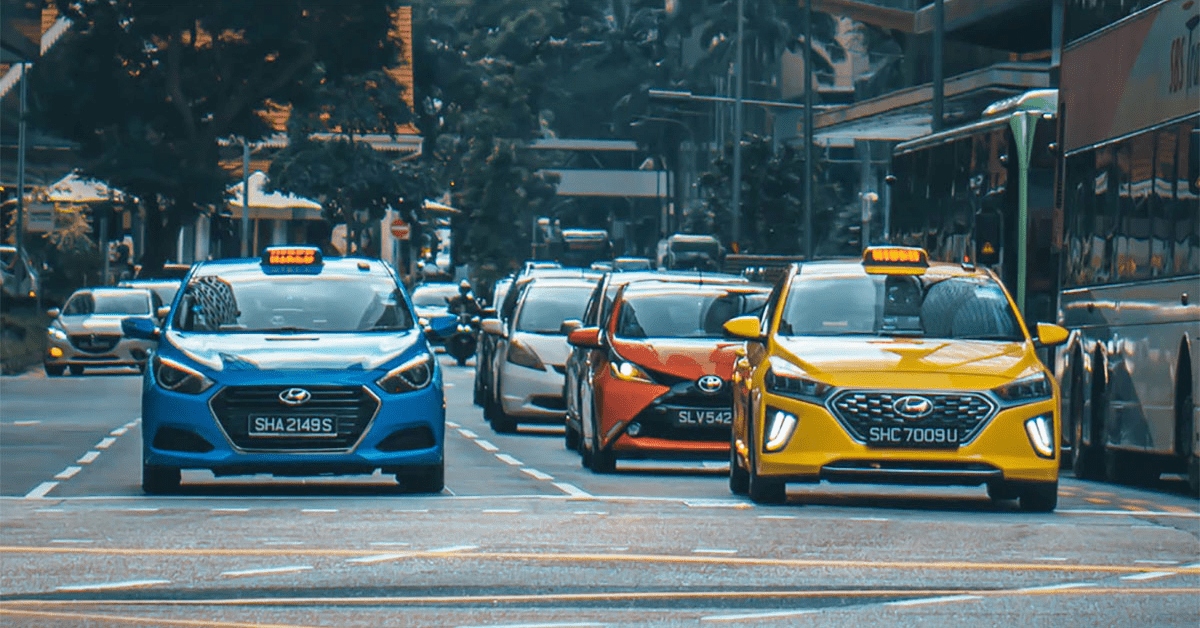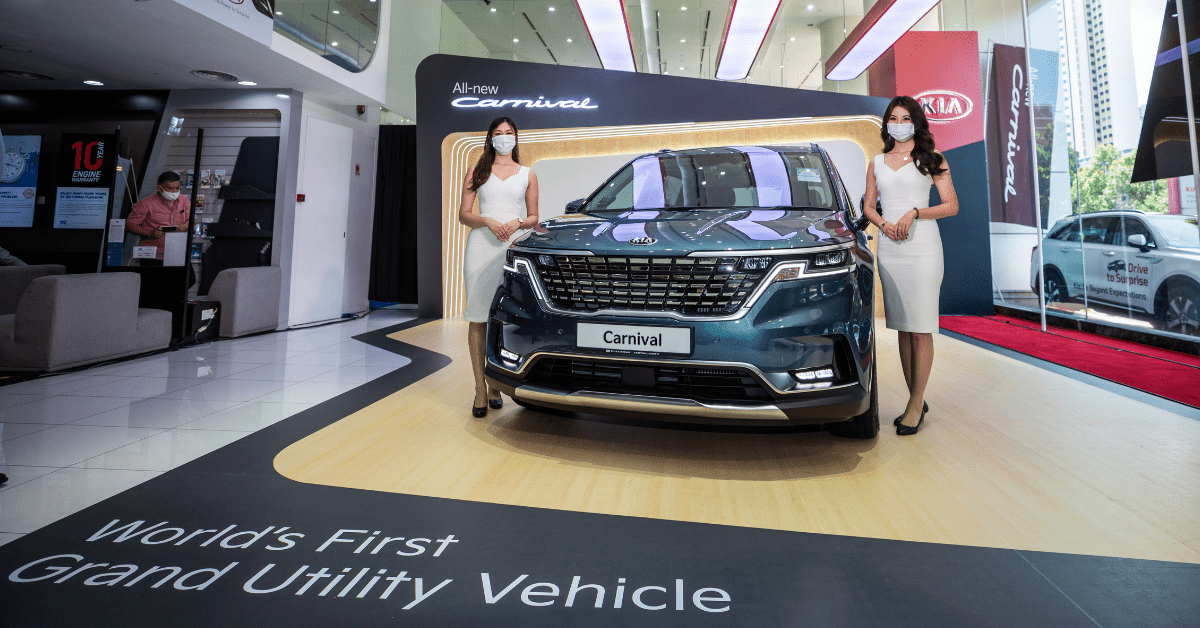The case for electric cars is more compelling than ever before, given Singapore’s commitment to improving air quality and reducing negative externalities concerning congestion and pollution, especially with moves towards achieving the goals of COP21 (Climate conference in Paris held late last year).
Singapore, with its cutting edge infrastructure and being a small island, is theoretically one of the best places to own an electric car. However, the numbers are still remarkably low according to transport authorities. The two hurdles hindering growth in this sector include the hefty price tag involved (the BMWi3 costs a whopping $236,800) and the current lack of charging stations.
Why aren’t electric cars popular?
Although electric vehicles consume less petrol and cost less to maintain, they also currently cost about three times the price of regular cars in terms of OMV. Electric vehicle engines are easier to maintain as they do not have as many moving parts, and charging the car costs $5 as opposed to the prohibitive costs of petrol. However, given the much higher price tag associated with electric cars compared to traditional petrol powered cars, a buyer is still likely to end up spending more, or just breaking even, by the end of the 10-year COE.
Even though maintenance of electric vehicles can save you up to $500 per annum over traditional cars, not many people realise that electric cars are very different under the bonnet as compared to conventional vehicles. Mechanics trying to service or repair electric cars could end up endangering themselves or the vehicle owners, if they are not properly trained. In the UK with benefits such as free road tax and various government incentives, there are about 45,000 electric cars on the roads and only around 1,000 people qualified to work on them.
With the electric car market relatively minuscule compared to traditional petrol-run cars, designs have not been developed as manufacturers only prioritise emission controls. This, unfortunately, does not align with Singaporean ideals of having an affordable yet good-looking ride. Truth be told, few people are going to choose environmentally-friendly cars over stylish ones.
There is also the gross misconception that it is incredibly inconvenient to get to a natural gas station, of which there are only four on the whole island. There are actually a considerable number of electric charging stations all over Singapore, and are almost as easy to find one as it is to find a petrol kiosk. Granted, these are not as widespread as they ought to be, but the government is ramping up measures to include more charging stations to promote the viability of electric vehicles.
Lastly, Singapore charges an exorbitant road tax for electric cars and plug-in hybrids as well as the hefty carbon surcharge as happened in the case of the $15,000 fine imposed on Joe Nguyen.
Who is Joe Nguyen?
Joe Ngyuen is the owner of Singapore’s first Tesla S car. Battling bureaucracy and red tape for an entire year before being able to take it out on the roads, he was also required to fork out $15,000 as tax for a non-fuel efficient car. The government has also refused to grant Nguyen the $15,000 rebate promised for all eco-friendly cars, as VICOM’s (unfamiliar) testing standards pegged Tesla as a gas guzzler that did not meet eco standards.
Read his editorial letter documenting his painful and arduous ordeal of obtaining Singapore’s first Tesla S car here.
What’s next for electric cars?
More automakers are now racing to introduce affordable electric cars to the market. There was a recent announcement by the Singapore Transport Ministry to initiate an island-wide electric vehicle car-sharing programme, developed and operated by BlueSG, that will see 1,000 electric cars deployed nationwide.
The electric cars will be powered by 2,000 charging points at selected parking spaces in 500 locations, of which 80 per cent would be within neighbourhoods. Ang Mo Kio, Jurong East and Punggol will be among the first Housing Board towns to have 50 EV stations and 250 charging points installed.
The scheme will be co-funded by the Government, although the parties have declined to reveal the cost. Pricing details are still being worked out, but the service will operate on a subscription basis, and members could be charged less than S$10 for a 15-minute journey.




